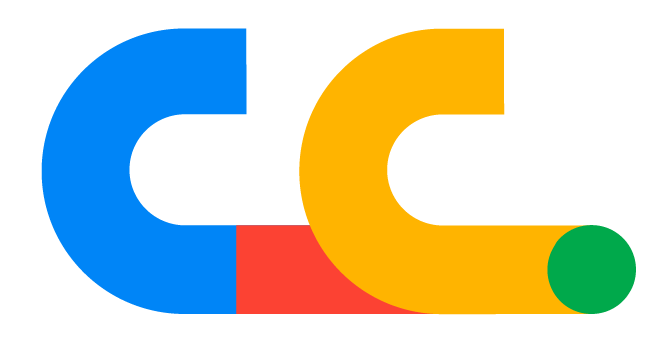Keywords are at the heart of search engine advertising — these are the unique words people use when they search on Google to find a product, service, or relevant content. And when it comes to Google Ads, figuring out how to use these keywords effectively becomes both a challenge and a tactic. Today, we’ll break down the keywords available in Google Ads by looking at the three types: Broad Match, Phrase Match, and Exact Match.
Broad Match: The Catch-All Strategy
Let’s start by discussing the broadest net you can cast: the Broad Match type. This type of keyword match permits Google’s algorithm to display your ad to a broad audience, keyed by a wide range of search queries related and unrelated to your chosen keywords.
Picture yourself as a high-end watch seller, and you’ve chosen ‘designer watches’ as your Broad Match keyword. In practice, this choice implies that your ad might pop up when someone searches for ‘designer watches for men,’ ‘women’s luxury watches,’ or even ‘watch repair for designer brands.’ This approach has pros and cons: On one side, you reach a broad audience, but on the other, it might lead to clicks from people who aren’t interested in what you offer, costing you more money.
Phrase Match: The Balance Seeker
Let’s now take a look at the Phrase Match type, which balances the broad and narrow options. When you opt for Phrase Match, your ad will be displayed in searches containing your specified keyword phrase precisely as you’ve defined it, with the possibility of extra words before or after the phrase.
Continuing with our luxury watch example, if you choose ‘designer watches’ as your Phrase Match keyword, your ad might appear for searches like ‘best designer watches’ or ‘designer watches on sale.’ This keyword type grants you more control, ensuring the searcher’s intent aligns better with your offering.
Exact Match: The Bullseye Approach
Our focus now shifts to the Exact Match type, which operates like a precision strike in Google Ads. When you select this match type, your ad will only appear when a search closely aligns with the exact term you specify. This approach is excellent for precise targeting but may narrow down your audience.
In our ongoing example, if you opt for ‘designer watches’ as an Exact Match keyword, your ad will be triggered when someone searches for ‘designer watches’ or something very similar, like ‘designer watch.’
Concluding Remarks: The Big Picture
While it’s important to understand Broad, Phrase, and Exact match types in Google Ads, remember that these are just pieces of the puzzle. To make the most of your advertising, keep adapting your keywords to align with your unique needs, goals, and budget.
Consider Broad Match for a wider approach, balance things out with Phrase Match, and get precise with Exact Match. Whether you’re a beginner or an expert, mastering these match types will make you better at using Google Ads and getting your message to the right audience. Give keyword match types a try, and may your efforts be rewarded with great success.

